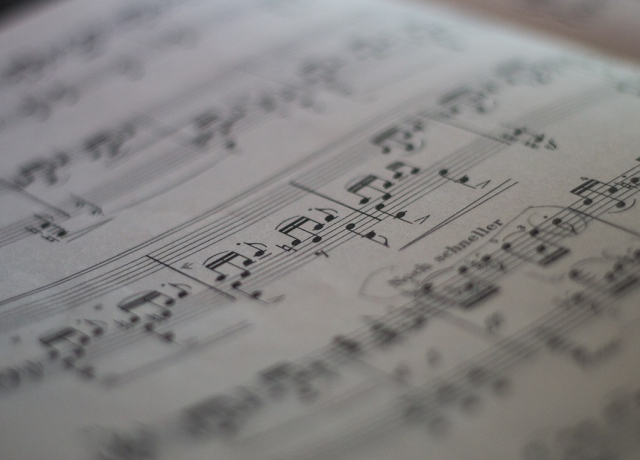Ode to Joy Reinterpreted to Celebrate the European Year of Cultural Heritage
Ode to Joy Reinterpreted to Celebrate the European Year of Cultural Heritage
Following the spirit of European Year of Cultural Heritage and the theme of “the past meeting the future,” a creative initiative started on social media as of 31 January 2018.
Namely, the opera singer and conductor Plácido Domingo, the President of Europa Nostra called for Europeans of all ages and affinities to take part in “#Ode2Joy Challenge.”
The initiative is intended to be a way of celebrating European cultural heritage through a modern interpretation of one of its most important legacies. In the invitational video, Plácido Domingo encourages everyone to participate:
“Let yourself be inspired by the Ode to Joy composed by Ludwig Van Beethoven… perform the original score or create your own version of Ode to Joy… and do this at a heritage site that matters to you.”
The challenge promotes European cultural values in the most magnificent way. Inspired by the past, in a form of the European anthem, it connects it to the modern age via social media and digital production and promotes inclusion, since anyone can take part in a challenge.
No musical education background is needed in order to create and present your own take on the Ode to Joy since any format is welcomed. Each musical piece, a dance performance, a photo, a cartoon, an illustration or a poem recorded and shared via social media on May 9 2018 with a hashtag #Ode2Joy will provide a unique personal testimony of the celebration of cultural diversity within the same, common goal.
Is-Sena Ewropea tal-Wirt Kulturali hija l-okkazzjoni perfett għall-kreattività. Ingħaqad ma’ @europanostra u @PlacidoDomingo għall-isfida #Ode2Joy u xerred fuq il-midja soċjali dakinhar ta’ Jum l-Ewropa #EuropeDay ? ?? ➡️ https://t.co/PVecq94Pz4 #EuropeForCulture #EYCH2018 pic.twitter.com/utx9k2I2LZ
— EU Commission Malta (@ECRepMalta) March 27, 2018What does #sport have in common with music? Perform your favorite #PhysicalActivity to #Ode2Joy by Ludwig van Beethoven and show it to us! Learn more at https://t.co/0yq7edaiJh. @EuropeNostra #EuropeDay
— EUSport (@EuSport) March 20, 2018It will be astonishing to witness how the words and the music of two of the most significant people from the European art history get a modern reinterpretation.
The poem Ode to Joy (An die Freude) was written by German poet, historian and a playwright, Friedrich Schiller in 1785. Being a struggling artist throughout most of his life, Schiller’s poem has arrived from his belief in the human ability to be united through joy and art. The poem’s uplifting, celebratory tone inspired Ludwig Van Beethoven to include a slightly modified version of it in the final movement of his 9th Symphony, which became the Anthem of Europe in 1972. Below is its first stanza in German and in English.
"An die Freude"
"Ode to Joy"
Freude, schöner Götterfunken,
Tochter aus Elysium,
Wir betreten feuertrunken,
Himmlische, dein Heiligtum!
Deine Zauber binden wieder
Was die Mode streng geteilt*;
Alle Menschen werden Brüder*
Wo dein sanfter Flügel weilt.
Joy, beautiful spark of the gods,
Daughter from Elysium,
We enter, drunk with fire,
Heavenly One, thy sanctuary!
Your magic binds again
What convention strictly divides;*
All people become brothers,*
Where your gentle wing abides.
The symbolical power of the Ode lies in the power of art, joy and belief in great values of all mankind to unite great artists to, amidst health and life hardships, inspire each other, and later on, Europe itself, in becoming brothers and working together toward a goal of preserving and celebrating its most worthy values.
